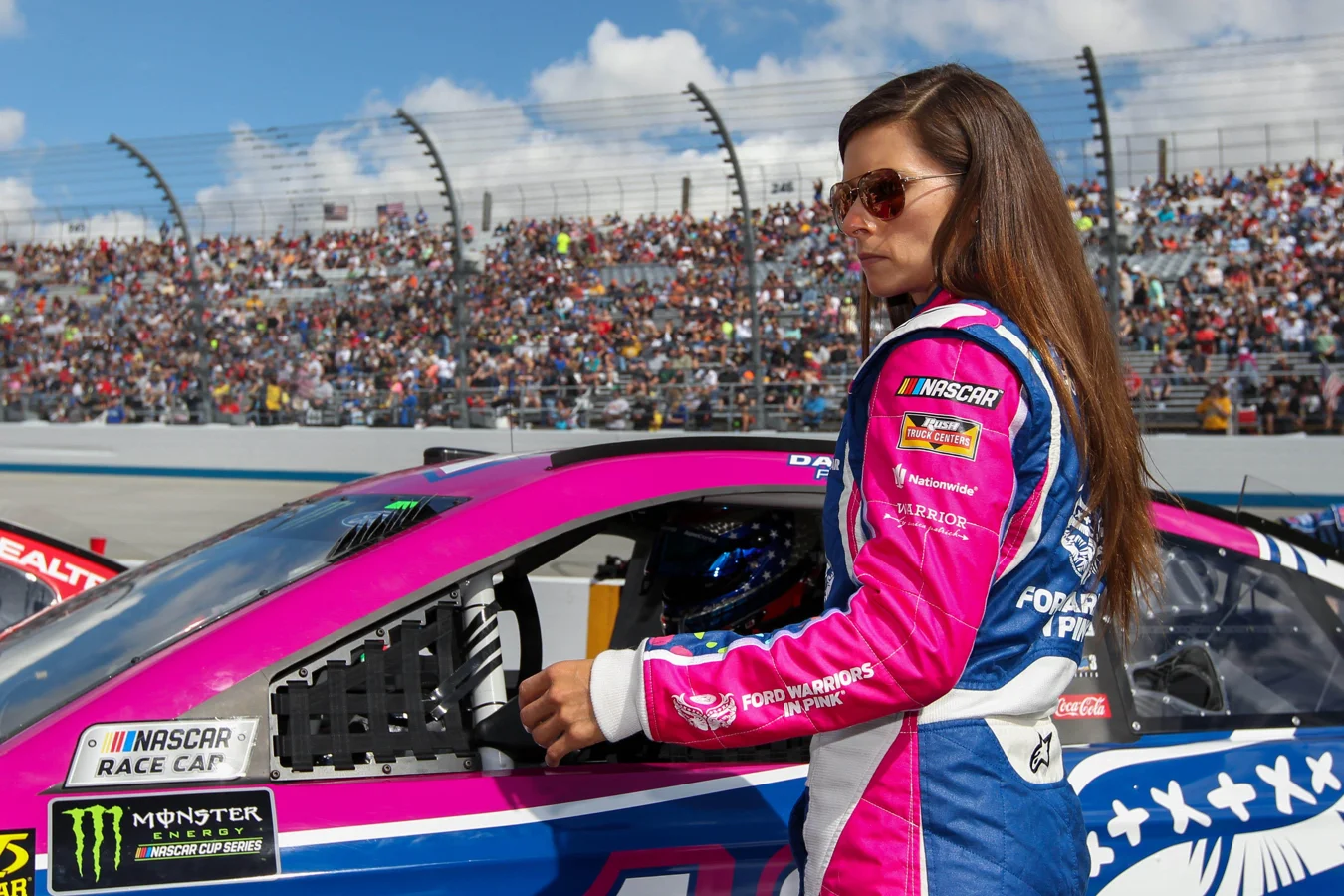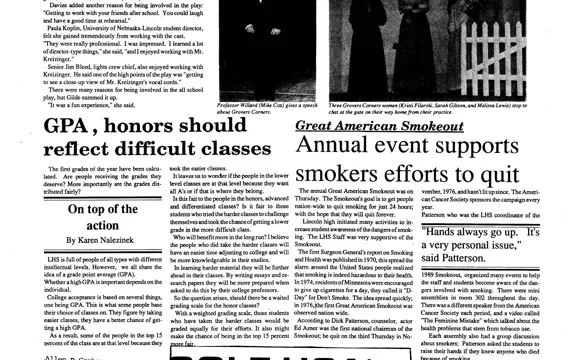Danica Patrick criticizes viral Burn the USA song, taking a strong stance against social media influencers who have performed the anti-American anthem, which has gained substantial attention online. The former NASCAR driver, widely known for her outspoken conservative perspective and open support of former President Donald Trump, expressed her disapproval of the controversial track and its supporters earlier this week.
Danica Patrick Rebukes Song and Its Supporters
Danica Patrick, who left her career as a professional racer to remain in the public eye, has often sparked debate due to her political beliefs and candid commentary. Most recently, Patrick voiced her anger over the trending song “Burn the USA,” which has been circulating across various social media platforms. The song directly criticizes the Trump administration, alleging that it benefits large corporations and claiming America does not provide freedom for everyone. The lyrics culminate in a provocative call to “burn” the nation, which has triggered considerable outrage among conservatives, Patrick included.
Patrick took to Instagram to weigh in on the video, making clear her frustration at both the song’s message and its method of delivery. She suggested that those dissatisfied with life in the United States could simply choose to leave, rather than disparage the country through a song. The former racer further ridiculed the practice of airing political opinions via music, hinting that those who support the song are in need of professional help for their outlook on the country’s state of affairs. In her words:

“I’ll never understand why they don’t leave. But more than that, why is signing a stupid song their communication style?! They all need therapy.”
—Danica Patrick, Racing Star
Patrick’s remarks were aimed particularly at Democrat-leaning audiences, emphasizing her continuing opposition to progressive views that challenge her notion of American values.
Changing Times: Danica Patrick Reflects on Information Access
While Patrick’s political views often divide fans and observers, she also regularly shares insights drawn from her broader life experiences. Now serving as a presenter for multiple motorsports events, Patrick draws upon her extensive knowledge to engage viewers and promote her passion for lifelong learning. She recently commented on how the digital era has transformed the accessibility of information for everyone.
The racing icon reminisced about earlier times when gathering information meant investing hefty sums in encyclopedia sets—a practice familiar to many from previous generations. Patrick stated that she personally owned a set of encyclopedias and expressed awe at the contrast with today’s constantly available, free online information. As she put it on her social media page:
“Remember when all we could research.. was in the encyclopedia Britannia?! I do. And it used to cost 1-3k for the collection. Now anything you want to know and learn is free and available in seconds. What a time to be alive.”
—Danica Patrick, Racing Star
She highlighted this as a remarkable period in history, where the barriers to learning have been dramatically reduced for people with internet connectivity. The change has empowered users, including fans and influencers, to research topics in seconds—a capability unimaginable even a few decades ago.
The Double-Edged Sword of Social Media Influence
Danica Patrick’s polarizing comments on the “Burn the USA” song reflect a broader tension found on today’s digital platforms, where disagreements over politics, media, and messaging are more visible than ever. The reach of social media influencers, capable of amplifying messages and songs to millions in moments, has fueled ongoing cultural debates involving viewers, supporters of different administrations, and critics of both government and industry.
The same internet that Patrick celebrates for its educational potential also enables the rapid spread of both positive ideas and misinformation. As digital platforms help users access unprecedented amounts of information, the challenge remains to distinguish credible facts from divisive or misleading rhetoric. Patrick’s reaction to the viral song—and her criticism of those spreading it—echoes the divide between conservatives and progressives in the United States, with figures like Donald Trump frequently at the heart of national debates.
Key figures such as Kevin Harvick, Joey Logano, and other influencers and commentators continue to weigh in on similar subjects, as events in popular culture and motorsports often serve as microcosms of broader American conflicts.
Possible Consequences and Ongoing Discussions
Danica Patrick’s outspoken response to the viral “Burn the USA” anthem reflects the turbulent and sometimes hostile public conversation over national identity, patriotism, and dissent. Her remarks, echoed and disputed by other users and public personalities, point to a climate where differing opinions can quickly polarize communities, both online and off.
As America heads into a period of heightened political activity, music, sports, and social media will likely remain battlegrounds for these heated discussions. Patrick’s dual roles as a racing icon and media presenter place her at the center of these cultural crossroads, reflecting both the challenges and the possibilities inherent in modern communication. Regardless of personal viewpoint, her story illustrates the complexities of public discourse in the age of instantaneous, global sharing.
